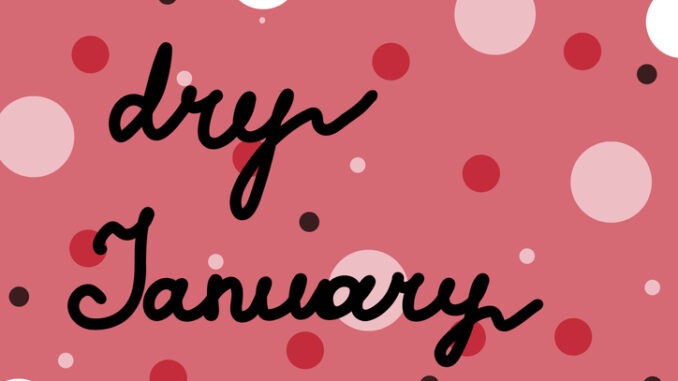Navigate the path to a healthier relationship with alcohol using simple tips and expert advice, making moderation a sustainable lifestyle choice
CREDIT: This is an edited version of an article that originally appeared on Independent
So, you’ve conquered January without a drop of alcohol. Cheers to that! But now what? If you’re feeling great after a booze-free month, perhaps it’s time to consider cutting down for good. Professor Denis Kinane and Steph Keenan share insights on maintaining a healthy relationship with alcohol all year round.
Unleash your ‘sober curious’ side
If you enjoyed those 31 clear-headed, hangover-free days, you might want to consider extending your dry period and see how you feel. Professor Kinane suggests embracing the ‘sober curious’ lifestyle, cutting out alcohol to understand its impact on your overall well-being. Understanding this is the first step in deciding how you want your relationship with alcohol to evolve.
Track the positives
When reflecting on Dry January or on your continuing alcohol-free journey, keeping tabs on the positive effects of drinking less can be a powerful motivator. Calculate your saved cash, maintain a reflective journal, or utilise health screenings to comprehend the impact on your mental and physical health. Knowing what works for your body is key to lasting lifestyle changes.
Sip mindfully
If ordering a drink is a reflex or you find yourself agreeing to top-ups without thinking, Professor Kinane advises mindful drinking. Opt to drink occasionally, breaking habits that no longer serve you. Apps like Drink Less can help monitor intake and mood. Keenan suggests adding an alcohol-free day each week and experimenting with the growing range of low- or no-alcohol options.
Alternatives to the pub
With social events often revolving around alcohol, plan alternatives like coffee dates, walks, shows, or craft afternoons. Communicate your intentions to friends and family for their understanding and respect. Keenan emphasises that people are generally supportive when they know the reasons behind your choice.
Unwind without alcohol
For those stressful days when a glass of wine beckons, Keenan recommends alternative stress-relief activities. Rather than exacerbating stress, alcohol-wise choices include yoga, meditation, or active pursuits like running or hitting the gym. Progress may come with setbacks; it’s essential to view them as learning opportunities and not as failures.
As you navigate a post-Dry January world, remember that setbacks are part of the journey. The key is to understand your triggers, communicate with others, and discover new coping mechanisms. Maintaining a balanced relationship with alcohol is an ongoing adventure, not a one-month feat.




Be the first to comment